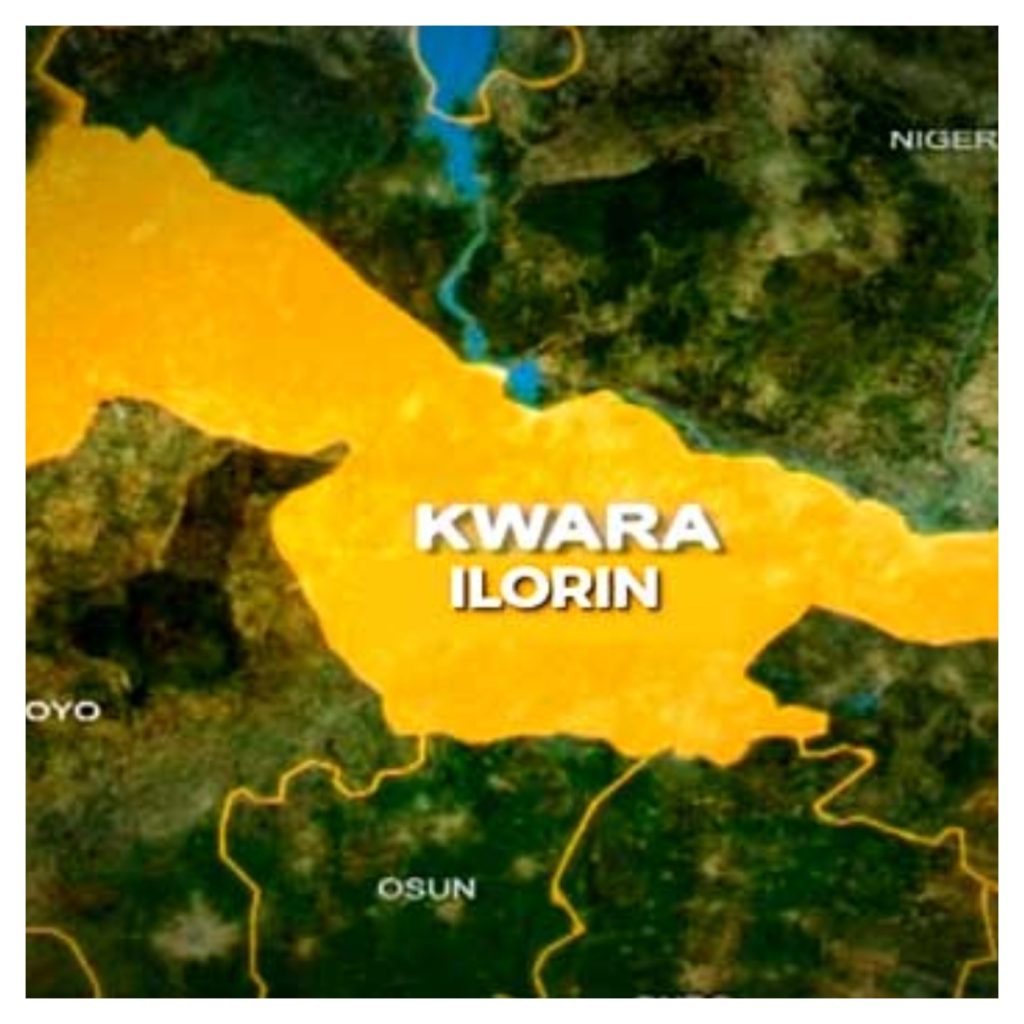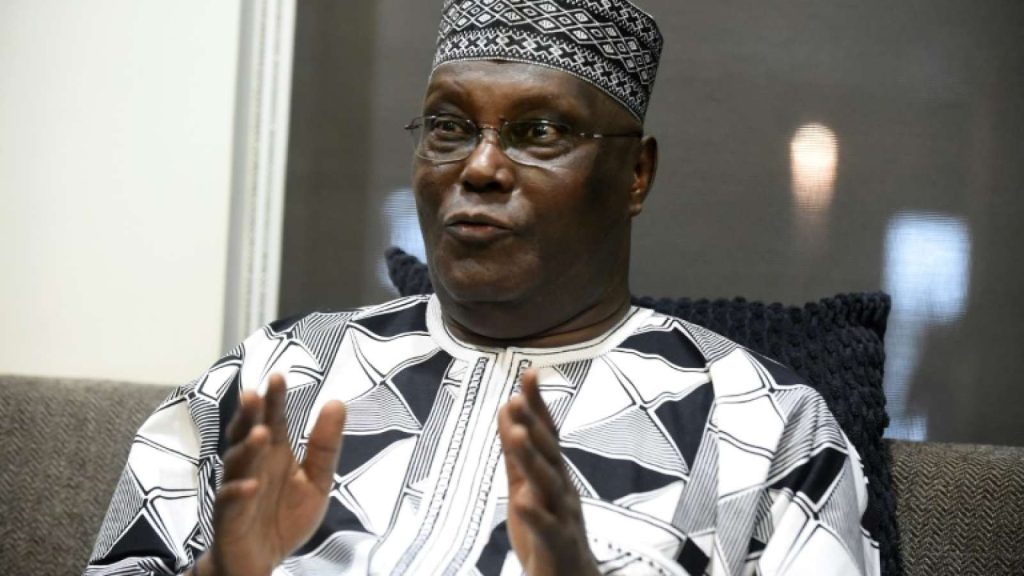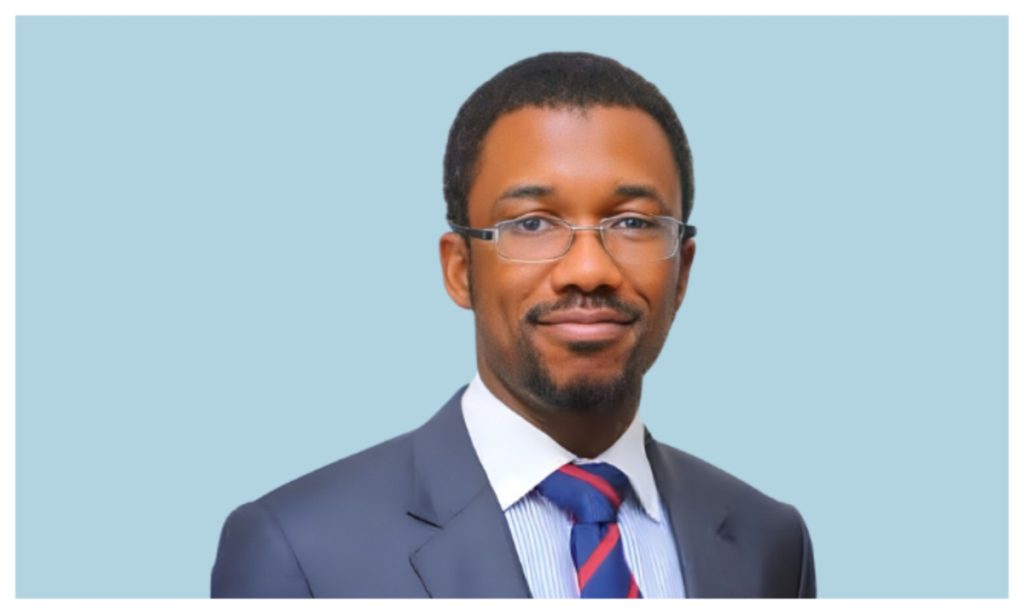By Mnena Iyorkegh, Abuja
The Nigerian government urged to increase funding to tackle gender disparity.
In an executive visit to Nigeria, UN Women Regional Director for East Africa, West, and Central Africa, Maxime Houinato, emphasized the need for the government to allocate a specific percentage of national budgets and development funds towards interventions that address gender gaps. This move is crucial for bridging the multi-sectoral gender disparities in Nigeria and improving the quality of life for women and girls in the country.
Houinato highlighted the negative impact of persisting gender disparities on Nigeria’s economic growth potential, stressing the urgency for immediate action to address this issue.
During a press conference held in Abuja, Houinato stated, “Despite the high participation rate of women in Nigeria’s informal sector, they continue to face discrimination in the formal job market. I am thrilled to meet the Nigerian exchange group that has decided to collaborate with UN Women to launch the first gender bond in Nigeria by 2025. This initiative aims to gather resources from various investors to address the lack of opportunities faced by women. It is encouraging to see the private sector taking an interest in combating gender inequality, as it has a profound impact on the economy.”
He further explained, “Women play a significant role in building human capital in the country, from education to health and sanitation. However, the suffering of women is hindering the development of this human capital, which is crucial for productivity and economic growth. It is encouraging to see both the government and private sector recognizing the importance of women in wealth creation. Gender inequality is no longer solely an issue for women; it is an issue for men and the nation as a whole,” concluded the UN Women Regional Director for East Africa.
Houinato emphasized that increasing investment in women’s empowerment will ultimately enhance the national GDP and foster overall development throughout Africa.
He stated, “The question UN Women poses is not just about increasing women’s involvement; it is about removing the barriers that prevent women from accessing more productive and lucrative opportunities. For example, instead of women staying in the garden all day, producing crops and only receiving five percent of the profit, why not support them in the transformation and commercialization of these crops, where 90 to 95 percent of the revenue is distributed? UN Women aims to promote equal revenue distribution along the value chain, thus benefiting everyone and fundamentally transforming the economy,” explained Houinato.
He further added, “The value lies in how willing men are to enable women’s participation in the economy. We need to focus on low volume and high revenue instead of high volume and low revenue.”
Houinato assured that UN Women is fully committed to supporting women in all sectors. This includes agriculture, where they work across rural, urban, and political areas to provide comprehensive support. They also collaborate with the government to establish a law requiring at least 30 percent of government contracts to be awarded to women’s businesses, a framework known as gender-responsive procurement. This ensures that women have access to resources and have control over their investments.
Beatrice Eyong, the UN Women Representative to Nigeria and ECOWAS, highlighted the enormous financial implications of gender-based violence. She stressed that reducing the prevalence of violence against women and girls would not only improve income and earnings but also strengthen the overall economy.
Eyong mentioned that UN Women promotes Women Empowerment Principles (WEP), outlining how women should be treated in private enterprises. These principles cover aspects such as working conditions, promotions, maternity leave, and addressing sexual harassment. Over 160 private enterprises have adopted the WEP.
In her concluding remarks, Eyong stated, “The Regional Director held meetings with relevant stakeholders, advocating for increased investment in gender equality and women’s empowerment. He met with Nigeria’s Minister of Budget and National Planning, Senator Abubakar Bagudu, to advocate for increased specific budget allocations to address gender disparities in the country. Another meeting took place with the Director-General of the Public Procurement Agency in Lagos, where an AfDB/UN Women-assisted gender-affirmative procurement project was being implemented to promote women-owned businesses’ participation in public and private procurement.”



